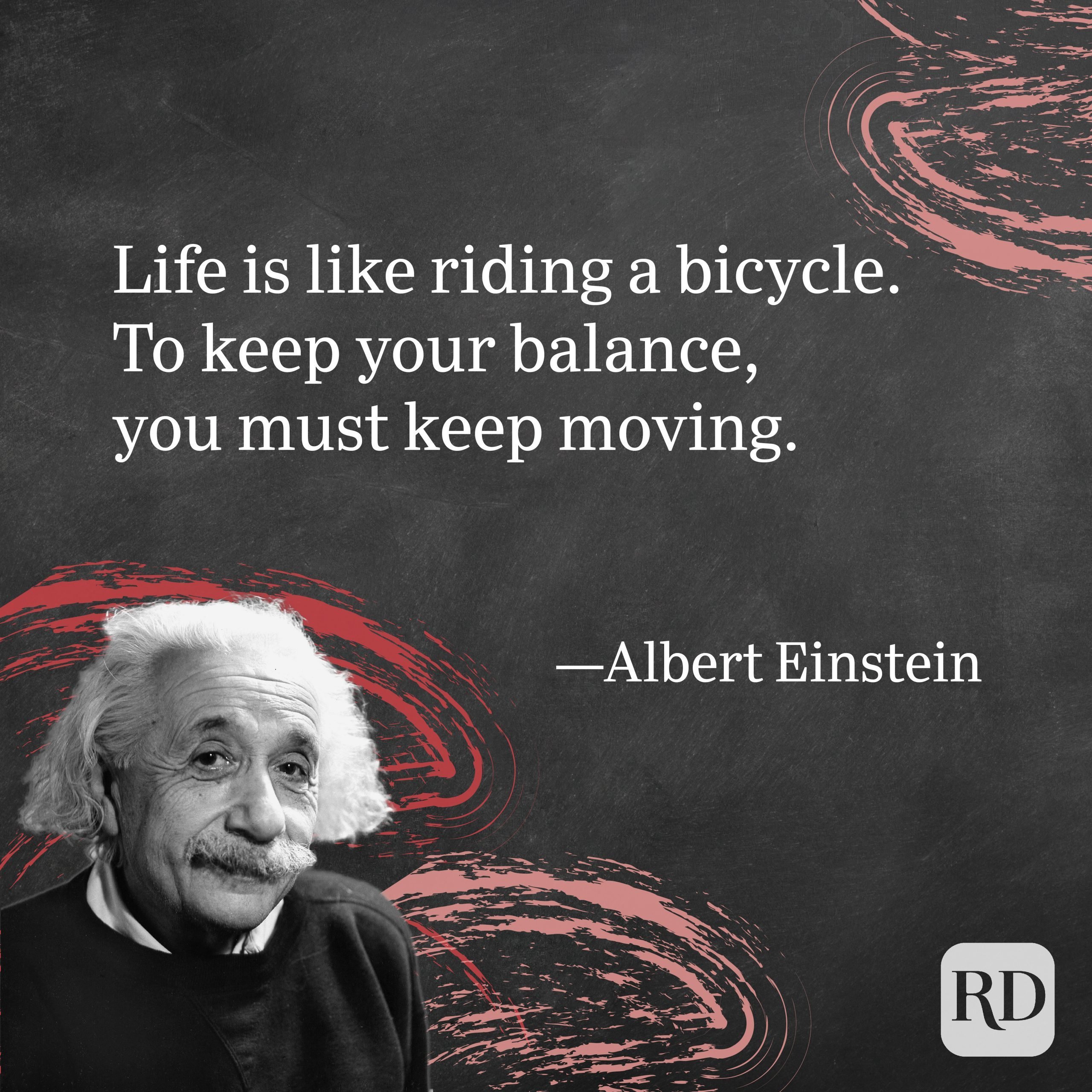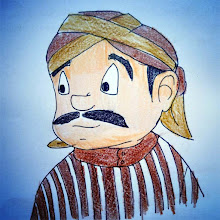The outbreak of Covid-19 has been a matter of unforeseen circumstances. The pandemic occurring in the global scale is no longer a battle of health, but an economic struggle that ultimately impinges on energy issue and social solidarity. For the last two years the hazardous disease has inflicted serious damage on the foundation of our life including the loss of people we dearly love. Not until the vaccine is invented and massively implemented that we are no longer at the mercy of the deadly virus.
The loss of family and friends has been an indescribable test. Restrictions on outdoor activities and the recommendation to spend more time at home have presented yet another problem to deal with. Mental health is becoming a serious matter of concern. Worse still, employees and labors alike were laid off, either temporarily or permanently, that results in a more challenging economy and gets them nowhere but holding up under the strain.
Javanese people have their own way to cope with the situation. They have philosophical doctrines to get its adherents to endure the stresses and strains of life like what we experience today. Sumeleh, sareh, ora jireh, and sumeh are a series of values we have long believed to equip us with power to thrive during hard times like the ongoing pandemic.
To flow like water
Sumeleh is derived from the word seleh that literally means “to put down”. Instead of giving up, sumeleh encourages one to embrace self awareness and to get rid of egoism while submitting to higher authority, i.e. Gusti (God). Sumeleh indicates a deliberate act of submission or subservience. With sumeleh we are required to understand that we cannot always impose every will without constraint, no matter how ideal and decent it may appear to us. Being sumeleh, we are to flow like water so that we are able to adapt to obstacles or turns, and other matters we encounter along the way.
While sumeleh also suggests we keep things in perspective, there are points when we need to grow sareh. Sareh equals patience and ability to remain composed. We are said to be sareh when we demonstrate endurance without inclination to instant insurgence. But that doesn’t necessarily mean we become fearful. We should never be afraid (ora jireh) of fighting for goodness despite the unexpected resistance. Ora jireh implies the audacity to act with reason and to be strongly disposed to take consequences.
The power of unfeigned smile
The courage to engage in a fight against the current plague or any adversities should be equalized with sumeh (responsively unfeigned smile). This is perhaps the most paramount value underlying the Javanese philosophy. Be prepared for new challenges with a genuine smile. A smile makes us stronger and keeps us from being frightened (ora jireh). In addition, a smile sets us more unwearied (sareh). It is also smiles that keep us submissive without recklessness (sumeleh).
To make the secret work, we must:
- not deny the pandemic as a real occurrence as well as the serious impacts it entails;
- build connectivity through collaboration to support each other during this catastrophic episode of life;
- maintain both physical and mental health by regular exercise and stress management;
- get vaccinated to build herd immunity that will protect us from the harmful disease;
- relax our mind to give us a respite from taxing activities or intense anxiety.
There are many ways to have a relaxed mind including listening to music, watching movies and travelling. Travelling might be ideal to refresh but currently not viable due to mobility restriction and will cost quite a lot of money other than staying at home.
Why online gaming?
And when it comes to longer stay at home, especially during the pandemic, playing games seems to be a perfect pick for us. Not only do video games enhance memory and boost concentration, they can also establish social connection and lead to financial benefit. Online games are getting more and more popular as pandemic hits humanity that we spend plenty of time at home than outdoors. People prefer playing online as there are a large variety of games and come with a more attractive visual presentation.
More to the point, online games can be played anywhere and anytime with flexibility of the number of players. Children and teenagers, in particular, will enjoy online games the most as they are digital natives. Parents may help them find the good source of games and expect their language skills to improve in the process.
If you have no idea what to play at home, plays.org is all you ever need to make online gaming fun and entertaining. It offers hundreds of games on the site and they are all free. A couple of games are added everyday and the best part of it is you do not need to download particular apps in order to play. This way you neither have to bother with losing phone memory nor deciding which app to remove in exchange of gaming apps.
One of the games worth trying is a math game called Guardians Defenders of Mathematica. It is an educational game that allows a player to work on addition, division, subtraction, and decimal fraction in an amusing way. Kids will certainly find this game enjoyable as they will likely focus on those attractive characters while unknowingly learning math.
Players can pick a character out of the available groups including knights, warriors, elves, rangers, witches, and wizards that will create strong ambience for kids with fitting sound and appealing narration. While it is a digital game, kids still have access to paper and pencil to do manual calculation in order to answer every question. Winning a math battle from evil wizards, trolls, giant spiders, hobgoblins, and dragons only by answering at least 7 out of 10 questions correctly will be a distinctive experience.

Trying to celebrate the past TV series including TMNT (Teenage Mutant Ninja Turtles) and Tom & Jerry, Plays has another science game called Electrio based on the Beano character Rubi von Screwtop, who appears in Dennis & Gnasher: Unleashed back in 2017. In this simple game players are to help a young girl repair her broken gadgets by linking broken circuits together. Our duty is to connect positive and negative nodes, representing circuits, in an alternating pattern to form a closed loop in order to function.
We simply click (when using a computer) or tap (on a smartphone) a negative node to connect it to a positive one until a completely closed loop is made. When a correct link is built, we then go to the next level and be prepared to expect moving nodes as the level increases. It may seem effortless but it takes strategy and involves brain exercise to complete this mission.
If your kids are clueless how to connect the nodes, they can always click the Help button on the lower right corner of the game screen and a circuit arrangement will appear as a hint. Don't worry to lose points as there is no score deduction in this game. I am convinced kids and adults will equally enjoy this game in their leisure time as it comes with vivid animation and easy operation.
Obah, mamah
With Plays, online gaming has never been this fun. Just open your browser on a cell phone or a laptop and enjoy a wide collection of games in various categories to choose from. We would care less about any possible lockdowns once we know where and what to play to stay energized.
A Javanese catchphrase says, “Obah, mamah” that literally means “to move, to chew”. This highlights the powerful nature of human being that if we are willing to make a purposeful move we will be able to survive. Quoting Albert Einstein, the key to survival is that “you must keep moving" assuming that “life is like riding a bicycle.” Accept what happened with submission and expect challenges with boldness to take action without forgetting to smile up and endure even the most harrowing phase of life.

























